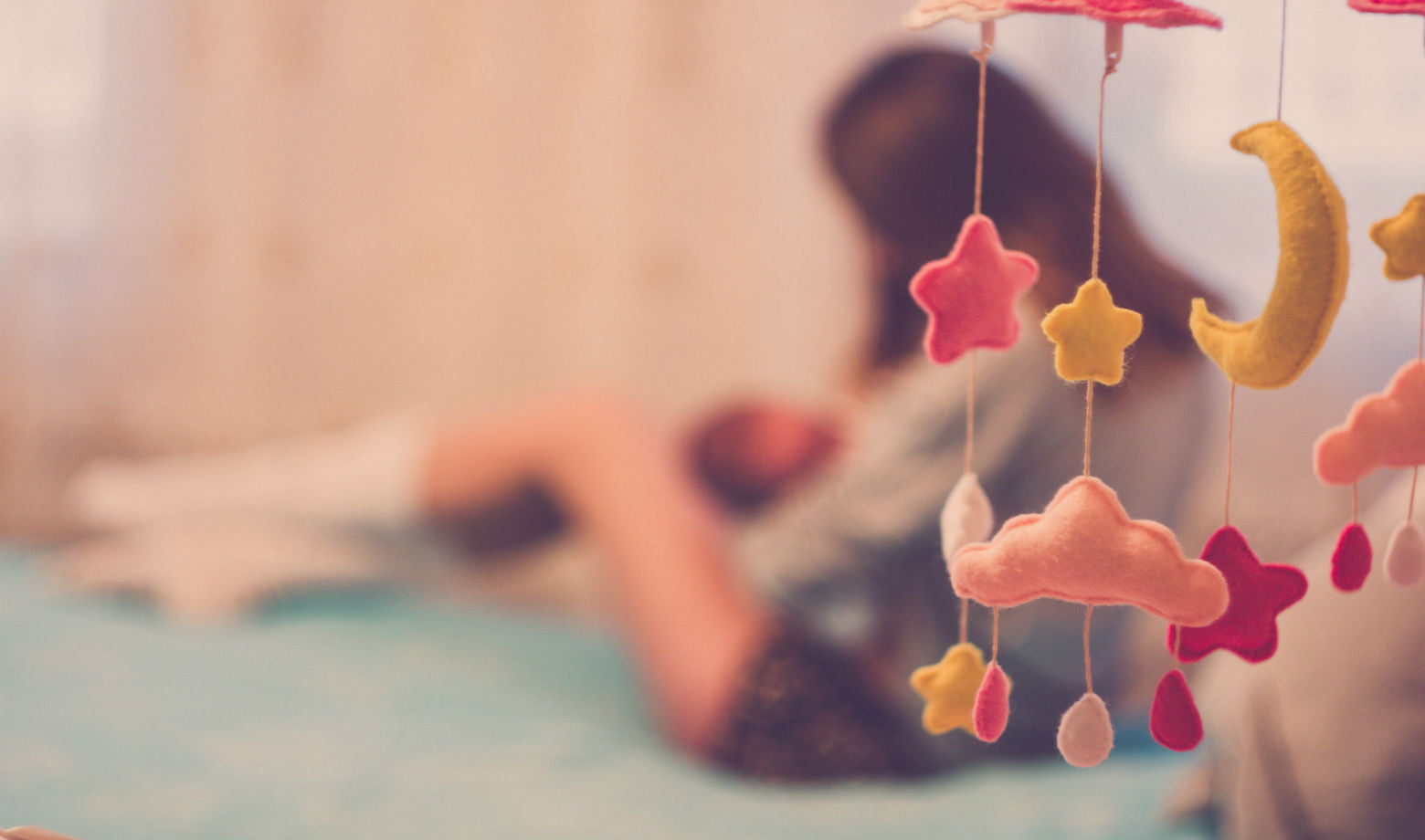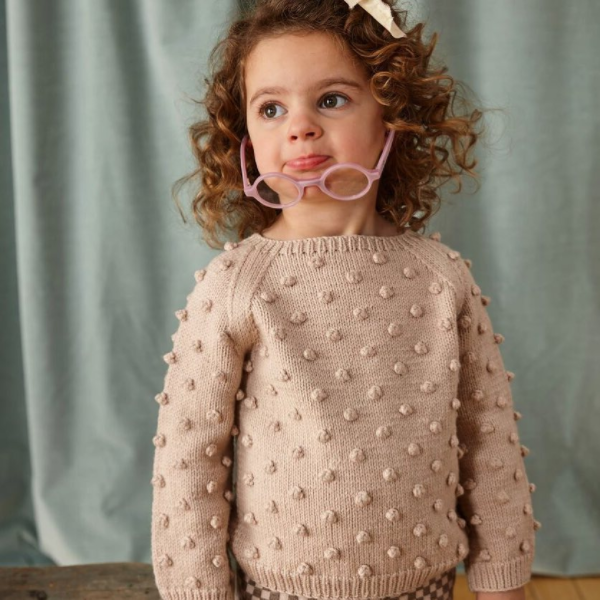
The Benefits Of Breastfeeding
August is officially National Breastfeeding Month, and we are here to recognize and promote the act of breastfeeding. The United States Breastfeeding Committee is hosting an outreach campaign across social media to increase awareness about breastfeeding by educating, and encouraging expecting moms to give breastfeeding a chance.
Breastfeeding is a very natural way for bonding from the moment they are born. There's a connection between breastfeeding that ties itself to the overall health and quality of life for a mother and baby. Moms that breastfeed love to talk about how much the bond with their baby increases while breastfeeding, and it’s true! The eye contact and skin-to-skin contact contribute a real feeling of closeness.
Based on studies conducted at The National Institutes of Health, bonding also helps a mom avoid risks of postpartum depression. But bonding isn't the only thing; breastfeeding has proven to provide other numerous benefits.
The American College of Obstetricians and Gynecologists, and the American Academy of Pediatrics (AAP) highly suggest breastfeeding. But every baby and mother are unique in their own way. We hope our overview about breastfeeding can help you decide what's going to work in favor of you, and your baby.
What Are the Benefits of Breastfeeding for Your Baby?
Breast milk gives your infant plenty of nutrition with the perfect mix of fat content, vitamins, and protein. The contents in this milk are more easily digestible than drinking infant formula. This type of milk contains antibodies that boost the immune systems to combat bacteria and viruses. Your baby also has a much lower risk of contracting ear infections, inflammation, respiratory illnesses, asthma, allergies, and other eventual health issues.
Breastfeeding Positives
- Bump in IQ - Not only does breastfeeding have protection from infectious diseases, but studies have also shown that it's also connected to an increase in higher IQ's
- Lowers Risks of SIDS - According to the American Academy of Pediatrics, it also plays a significant role in preventing SIDS from occurring
- Stronger Bones - Women who take on breastfeeding have a much lower risk of postmenopausal osteoporosis. The body absorbs calcium more efficiently when the mother is pregnant, and lactating
- Lowers Risk of Cancer - Breastfeeding your baby can decrease a baby's risk of developing childhood cancers. The mother also will have a lesser chance of her body creating ovarian cancer and premenopausal breast cancer
Why Do Some Women Choose Not to Breastfeed?
Deciding whether or not that you should breastfeed is a personal preference. Some moms prefer the time flexibility by not feeding their baby breast milk. The time commitment of being on-call for feedings isn't feasible for every woman. They may be a busy mom that's always on the go that can just take along a baby bottle and add formula if their baby becomes hungry. Family and friends may also feel inclined to share their own opinions because breastfeeding is a controversial topic.
Serve Formula Immediately
A prepared formula that isn't consumed right away can store for up to 24 hours in a refrigerator, but we recommend putting it in the fridge right away. A formula that gets left out at room temperature for more than an hour should be thrown out to prevent any bacterial growth from occurring. Babies will get sick if the formula if it's left out for more than an hour or more.
Baby Bottle Cleaning
Preparing a baby bottle of formula sounds like a piece of cake, but for new moms, even the basics can be a little overwhelming at times, especially when cleaning baby bottles, and preparing the formula. Baby bottles like ComoTomo, Dr. Brown's, Avent, Tommee Tippee, Lifefactory, and Munchkin are susceptible to bacterial contamination if not cleaned properly, which is why cleaning and sterilizing can go a long way.
Before going forth and using any new baby bottles, sterilize each one in a microwave bottle sterilizer or boil for five minutes in a large saucepan. Sterilizing doesn't have to happen on a daily basis, but we recommend to sterilize baby bottles every few days. A daily cleaning of bottles, and accessories, however, will only require hot water from the sink, a baby bottle brush, and soap.
Steps For A Daily Cleaning
Every mom like you wants what's best for their newborn baby, and it's okay if you decide to not go forward with breastfeeding. Not all moms are meant to or want to breastfeed. For further info about infant formula or breastfeeding questions, don't hesitate to contact a certified lactation consultant or your health care provider.


